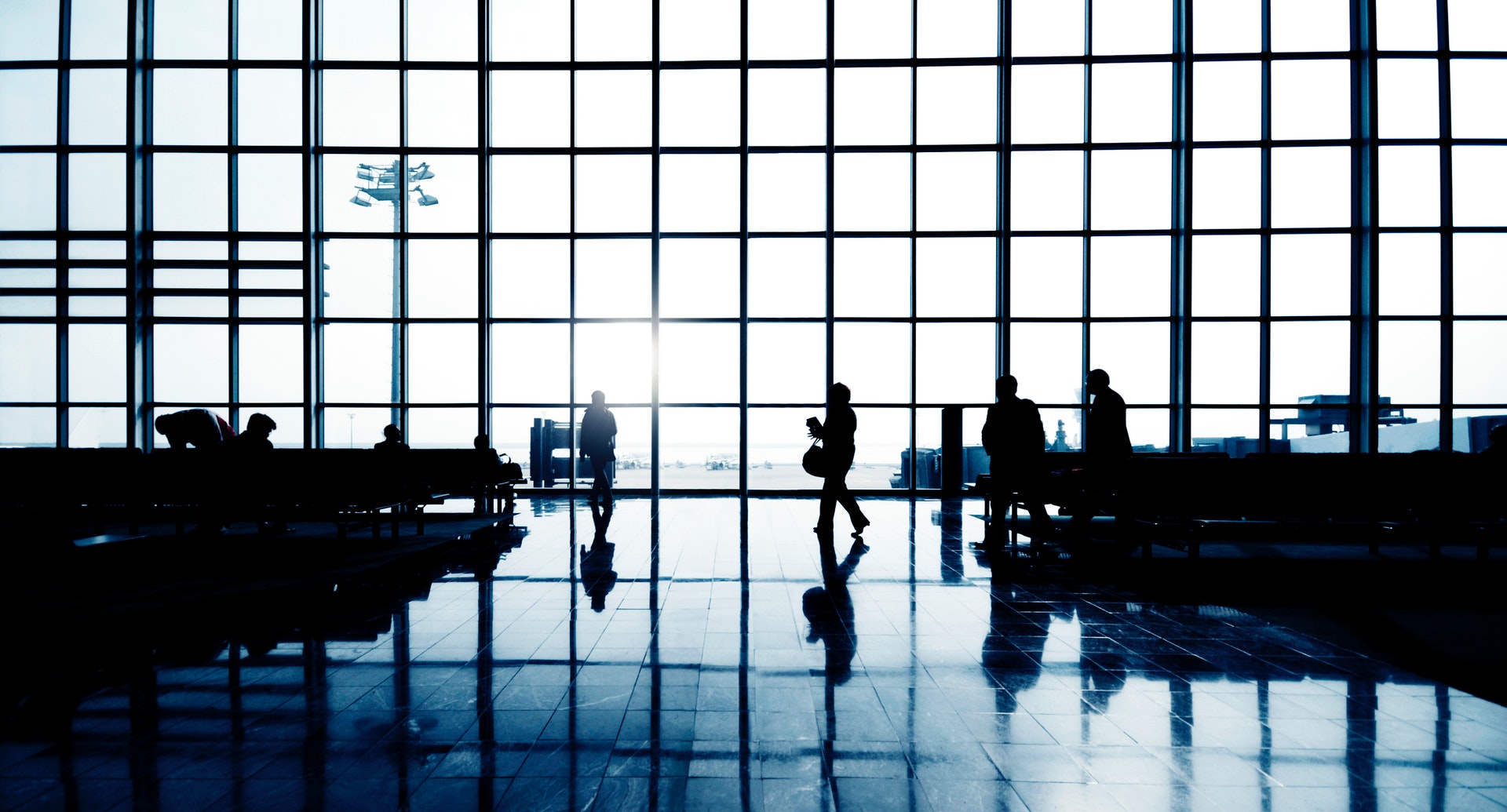It is no surprise that airlines don’t like EU261/2004, which establishes a common flight compensation regulation across the European Union. But at least one airline is proposing a constructive change rather than just an attack.
I’ve written about EU261/2004 before and my own battles with various airlines over compensation. Put simply, when a delay is under the control of the airline (“extraordinary circumstances” like drones or 737 MAX groundings or ATC delays exempt airlines from compensation), an airline owes you cash for prolonged delays. The amount is determined by the distance of your flight and ranges from 250EUR to 600EUR.
Consumers apply for this compensation directly with the airline or can use a service to collect it, which takes a generous cut for itself (typically about 1/3 of the final payout). If a claim is initially denied, consumers can sue. Alternatively, some airlines have signed up for an alternative dispute resolution (ADR) service which consumers can use in lieu of a lawsuit.
In the UK, while British Airways, EasyJet and Virgin Atlantic offer the ADR option, Leeds-based Jet2 has not. The airline points to inconsistent outcomes on the same route as the reason why. Alleging that passengers on the same flight often receive different outcomes, Jet2 wants “professional adjudication on a flight-by-flight basis.” It also seeks a right to appeal ADR decisions (presently, only passengers can)…
Specifically, in the UK this determination would come via the existing Passenger Advice and Complaints Team (PACT), a division of the Civil Aviation Authority’s (CAA). This proposal would give PACT enforcement power over payments, leading to what Jet2 claims would be swifter and more consistent outcomes.
My Thoughts
In an ideal world, delays would trigger automatic payment to travelers. But that’s not possible considering how bookings are made. An airline often does not have your payment information if the booking is made through a third-party channel. It also does not have separate banking or account information for each passenger on a multi-passenger itinerary.
But a swift, decisive ruling from a neutral body seems like a much better way to go than the many hoops that a consumer must go through now. In my experience, the only way to actually obtain payment is to nag the airline until they just pay up to get rid of you. That’s what happened to me on SWISS and Lufthansa. Thus, I think some change to the rule that does not allow airlines to hide behind false excuse claims would be helpful to consumers. However, I see the airline right to appeal proposal as merely a delay to drag out payments and thus do not support it.
CONCLUSION
EU261/2004 currently works like so much of the justice system – those with the best connections and resources tend to prevail, while those who don’t know better are taken advantage of. I greatly appreciate EU261/2004, but do think a more netural system of determining which flights are eligible and which are not might be a step in the right direction.
As an aside, BA introduced a new streamlined claim system for EU261/2004 compensation. I’ll address that tomorrow.





One way that could allow more passengers to prevail is let judges/arbitrators/etc. award double or treble damages if the airline was clearly stonewalling hoping the passenger would go away. If a judge looks at the case and can say “there is absolutely no question the passenger should have gotten 600 EUR on the first request”, require the airline to pay out 1800 EUR. Could even allow for fines for constant offenders.
It would dramatically cut back on the number of cases that go before the court.
I’ve filed for compensation three times now — Brussels Airlines, Czech Airlines and Ryanair…I have to say — the easiest and fastest was Ryanair.
Went to a page on their site (https://eu261compensationclaims.ryanair.com/index.php) and provided all my details. Received an e-mail response with approval in 4 days, payment a week after.
It was for a rather simple case. 4 hour delay due to mechanical issue with original plane and we had to wait for a replacement.
I suppose they realize expending resources fighting consumers for months on end saves them no money when weighing human resource costs versus quickly paying in clear-cut situations.